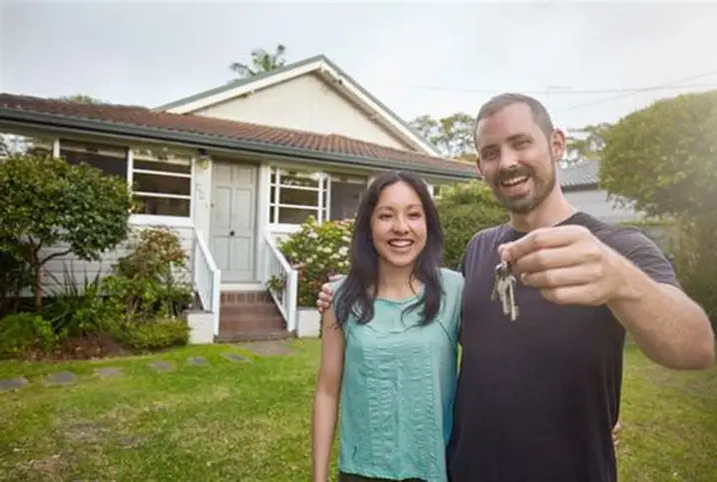Guide to Conveyancing! Conveyancing is the legal process of transferring ownership of a property from one person to another. It involves a series of complex steps, from preparing and signing contracts to finalizing the settlement. In this article, we will delve into the world of conveyancing, exploring its importance, the steps involved, and what to expect when buying or selling a property.
What is Conveyancing?
Conveyancing is the legal transfer of a property's title from the seller to the buyer. It involves a series of legal and administrative tasks, including preparing contracts, conducting property searches, and finalizing the settlement.
Why is Conveyancing Important?
Conveyancing is crucial in ensuring a smooth and secure property transaction. It protects the interests of both the buyer and seller, ensuring that the property is transferred legally and without any unexpected surprises.
The Conveyancing Process:
The conveyancing process typically involves the following steps:
- Pre-contract stage: This involves preparing and signing contracts, conducting property searches, and negotiating the terms of the sale.
- Exchange of contracts: Once the contracts are signed, the buyer and seller exchange them, and the sale becomes legally binding.
- Pre-settlement stage: This involves finalizing the settlement, conducting a final search of the property, and preparing the transfer documents.
- Settlement: The settlement is the final stage of the conveyancing process, where the ownership of the property is transferred to the buyer.
What to Expect When Buying or Selling a Property:
When buying or selling a property, it's essential to understand the conveyancing process and what to expect. Here are some key things to keep in mind:
- Prepare for a lengthy process: Conveyancing can take several weeks to several months, so be patient and plan accordingly.
- Seek legal advice: A conveyancing lawyer or solicitor can guide you through the process and ensure that your interests are protected.
- Be prepared for unexpected issues: Property searches may reveal unexpected issues, such as outstanding debts or easements, which need to be addressed before settlement.
Conclusion:
Conveyancing is a complex and important process that ensures a smooth and secure property transaction. By understanding the steps involved and what to expect, you can navigate the process with confidence and peace of mind. Remember to seek legal advice and be prepared for any unexpected issues that may arise.
Share this article:




